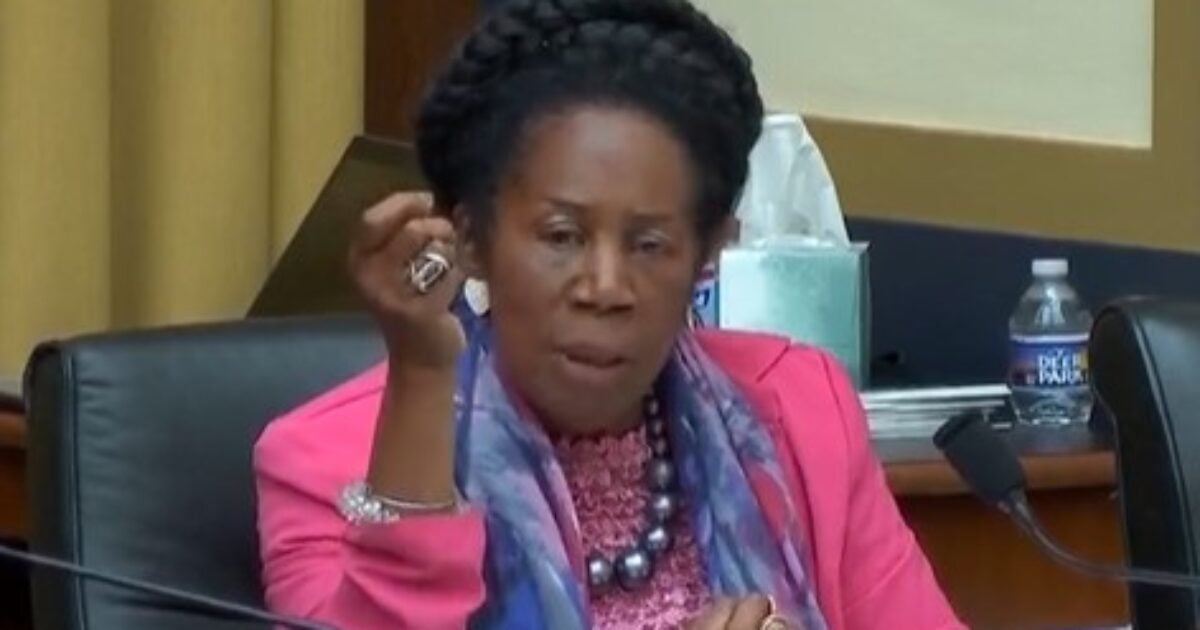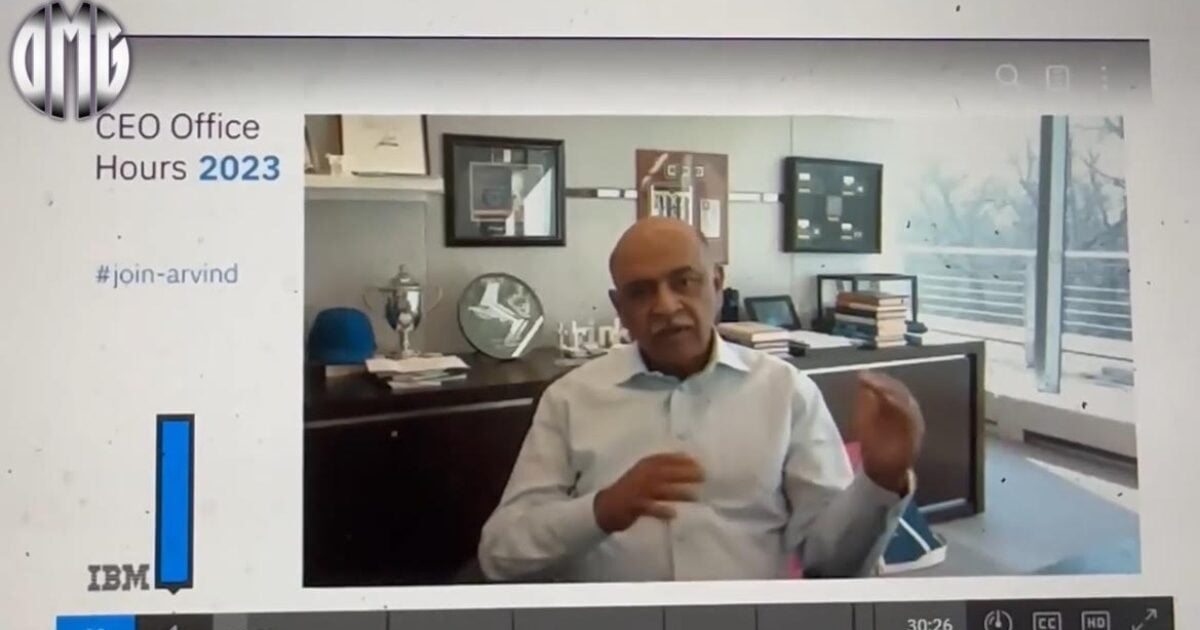
Since the start of the Gaza war, Arab communities in Israel have been hit by an unprecedented wave of violent crime and gang activity. Among Israel’s 2.1 million Arab citizens, 244 were murdered in 2023, up from 237 in 2024 and 115 in 2022. According to research from the Taub Center, the murder rate among Arab Israelis has now risen to the third highest in the developed world.
The disparity in murder rates between Arab and Jewish citizens in Israel has become increasingly stark. Before 2015, the ratio of Arab to Jewish murders stood at 4 to 1; by 2023, it had widened to 13 to 1. Gang activity, long entrenched in Arab communities, has also intensified. Criminal organizations extort protection money from shop owners and prey on high unemployment among young Arab-Israeli men, recruiting them into criminal networks or ensnaring them with predatory loans. An estimated 75% of murders in Israel’s Arab sector are now linked to organized crime.
The crisis affects Arab communities nationwide, with powerful crime families having taken control of Israel’s Arab sector. The Abu Latif crime syndicate, led by four brothers, Suleiman, Latif, Nidal and Alaa, from the town of Rameh, holds sway in the Galilee and northern Israel with close to 220 foot soldiers, making them possibly the most powerful crime family in Israel.
Their influence is so strong that in Rameh, the only person who dared run for local council head was Shauki Abu Latif, who was elected with 99 percent of the vote despite facing charges and being barred from residing in the town. Israel’s Shin Bet security agency recommended canceling elections there due to rampant crime.
Other major criminal networks include the Hariri family, split into two factions led by Wissam Hariri and Nasser Hariri, each commanding around 90 foot soldiers and operating primarily in the Wadi Ara region. The Bakri crime family from Nazareth, headed by Samir Bakri, has nearly 120 soldiers and is locked in a violent feud with the Hariri syndicate that has claimed 36 lives.
The Jarushi clan in Ramla, with at least 120 foot soldiers led by senior figures Hossam, Ismail and Zaid Jarushi, is embroiled in a war with the Musrati family that has claimed more than 12 lives including women and children. Additional syndicates include the Karaja family in Harish with nearly 140 soldiers, the Nuaimi family in Jadeidi-Makr with nearly 70 foot soldiers, and Suhaib al-Asmar’s group in Umm al-Fahm with at least 50 soldiers.
The October 7, 2023 Hamas attack and subsequent Gaza conflict have exacerbated existing problems in several ways. The war has made it easier for weapons to flow to criminal organizations. Security officials have warned government ministers that terror groups are trying to utilize crime organizations in Israel’s Arab community, coupled with wartime proliferation and increasing availability of illegal weapons. Most concerning, enforcement services have in recent months noticed a steady leak of weapons from IDF combat units to crime groups, including anti-tank weapons and even advanced shoulder-launched anti-tank systems such as the locally produced Matador.
There are believed to be hundreds of thousands of weapons in the Arab community, including many considered of high quality, and prices are dropping due to an influx made available by the ongoing war. This has led to increased use of more lethal weaponry in the criminal world.
Women, children, and even infants are now among the victims of escalating attacks, including car bombings. The violence has spread to include public servants and community leaders. Hussein Tarabeih, founder and director of the Towns Association for Environmental Quality, was shot at close range in Sakhnin, sustaining moderate to serious injuries. The attack is believed to be linked to his efforts to reform domestic waste management—a sector plagued by violent competition as criminal organizations seek to control lucrative contracts.
Just days earlier, gunmen opened fire on the car of Umm al-Fahm’s city treasurer. These attacks underscore how criminal groups are willing to target anyone who threatens their interests, regardless of their standing or service to the community.
People are afraid to cooperate in police investigations for fear of reprisal attacks, 60.5% of Arab Israelis reported a sense of personal insecurity in their hometowns due to violence, and some businesspersons have been compelled to live in mixed Israeli-Arab cities away from the crime-plagued environment.
At a recent meeting of the Ministerial Committee for Arab Community Affairs, officials were told that organized crime groups are now operating a form of “shadow government” within Arab communities. These groups control a gray market economy and enforce their own systems of justice and punishment. Much like old-style mafia bosses in ethnic enclaves in the United States, they collect protection money, carry out shootings, issue loans, and even mediate disputes and broker reconciliations between residents.















